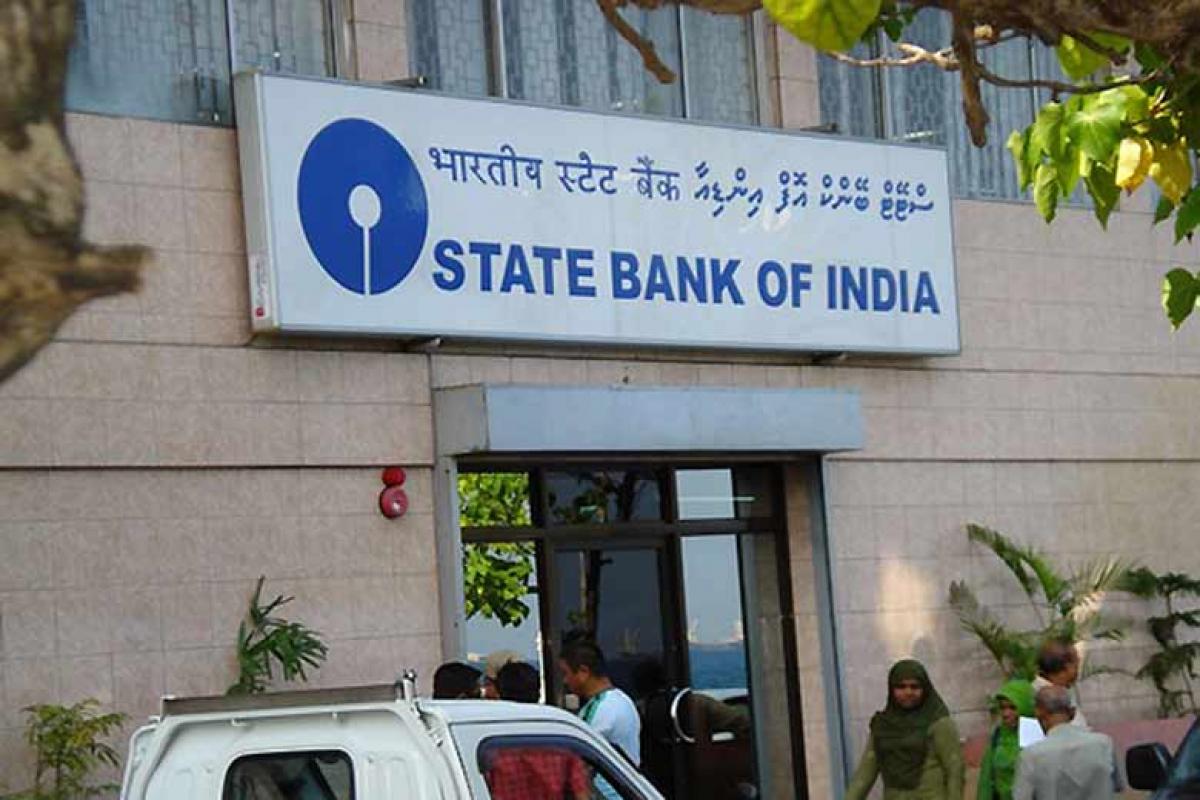Live
- A Soulful Celebration of Global Music
- Brahmin Community delegation felicitates CM Saini
- Allu Arjun Visits Chiranjeevi’s House for Lunch Meet
- Toyota organising TG Grameena Mahotsav
- Special rituals conducted at Maramma Temple
- Siddaramaiah has special love for Muslims: BJP
- We can’t afford spending less than 6% of GDP on healthcare
- Guinness World Record for continuous Hanuman Chalisa chanting
- REMOTE TRIBAL AREA TO GET NEW BRIDGE
- Dr LB College, Woxsen teams win in Climate Tank Accelerator event
Just In

Banking operations were hit on Tuesday by the day-long, nation-wide strike called by employees of public sector banks to press for their demands, leaving ATMs dry at various places across the country.
Banking operations were hit on Tuesday by the day-long, nation-wide strike called by employees of public sector banks to press for their demands, leaving ATMs dry at various places across the country.
Operations such as clearing of cheques, money transfer, cash remittances and deposit and withdrawals at branches were paralysed across public sector banks and some old generation private sector banks, the All India Bank Employees' Association (AIBEA) claimed.
Karur Vysya Bank and Federal Bank said their staff union and officers' associations under the banner of UFBU participated in the strike, which was called by seven trade unions to press for demands of the banking industry.
However, branches of new generation private banks like ICICI Bank, HDFC Bank and Axis Bank were functioning as usual.
Industry body Assocham said the strike may negatively impact forex and paper clearing transactions worth up to Rs 1.3 lakh crore.
The United Forum of Bank Unions (UFBU), which is umbrella body of nine unions, had called the one-day strike. However, two of Bharatiya Mazdoor Sangh affiliates -- the National Organisation of Bank Workers and the National Organisation of Bank Officers -- did not support the stir.
"People could not go to banks to transact anything, deposit money, withdraw money or do any other transaction. Government treasury transactions could not be done, import and export transactions were hit, money market operations were not possible," AIBEA General Secretary C H Venkatachalam told PTI.
He said that the strike became necessary due to "the government's ostrich-like approach in understanding the demands. Even very reasonable demands like payment of overtime wages for extra hours worked during demonetisation period has not been settled".
The strike was to protest against the continued attempts to privatise public sector banks which are the main engine of growth of the economy, he further said.
According to reports from various parts of the country, including major business centres like Mumbai, Kolkata, Chennai, Hyderabad, Bangalore, Ahmedabad, Pune and Jaipur, functioning of banks and ATMs was paralysed due to the strike.

© 2024 Hyderabad Media House Limited/The Hans India. All rights reserved. Powered by hocalwire.com







